- The University
- Studying
-
Research
- Profile
- Infrastructure
- Cooperations
- Services
-
Career
- Med Uni Graz as an Employer
- Educational Opportunities
- Work Environment
- Job openings
-
Diagnostics
- Patients
- Referring physicians
-
Health Topics
- Health Infrastructure
Research units: Pediatrics

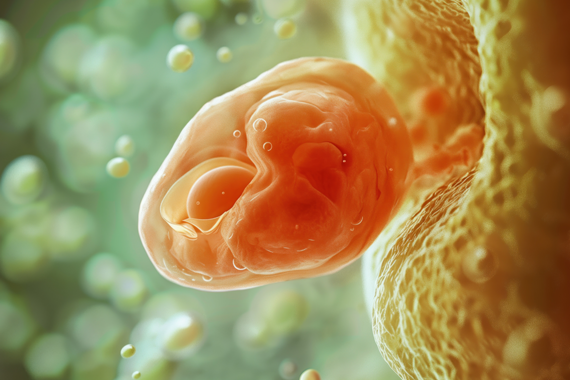
Fetal Medicine
The concept of the "fetus as a patient", which can be affected either by structural or genetic anomalies or by maternal diseases and exogenous toxicity is the mainstay of the research unit for fetal medicine. The research unit is supposed to serve as a platform for the research and scientific analysis of fetal diseases and their treatment options. Other priorities are the cooperation with national and international research groups and the promotion of young researchers.
Head of the research unit: Philipp Klaritsch
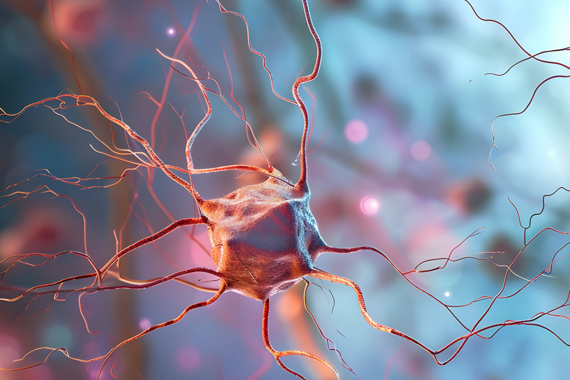
Micro- and Macrocirculation of the Newborn
In the research unit, we investigate relationships between macro-circulation and micro-circulation in term and preterm neonates. Macro-circulation describes the heart function and circulation in the large vessels and micro-circulation describes blood flow and oxygen saturation in the small vessels in the tissue. Measurements are carried out using non-invasive methods that do not injure the skin. Besides the brain also the muscle tissue is investigated with the focus on whether early changes of micro-circulation that occur in diseases can be detected and can help to guide therapies.
Head of the research unit: Gerhard Pichler
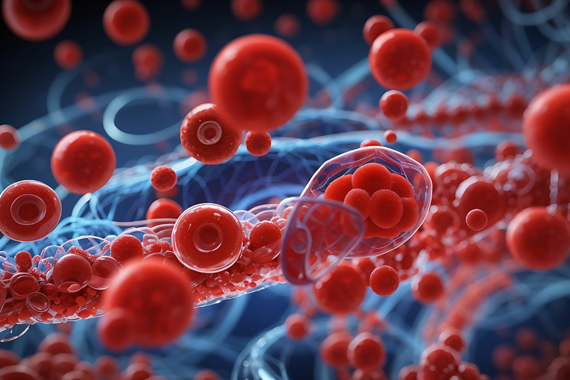
Pediatric Hematology and Immunology
Our research unit focusses on rare, congenital or acquired diseases of the blood and immune system as well as in congenital tumor predisposition syndromes in children and adolescents. We work in a team of specialists, doctors in training, and students, supported by biomedical assistants, nurses, documenters. One example of our work is the creation of a multicentric patient registry, to find prognostic and therapy-relevant biomarkers through accompanying research in order to get the diseases under control better and earlier.
Head of the research unit: Markus Seidel
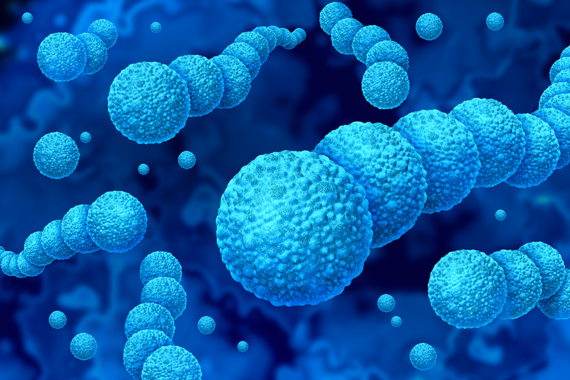
Infectiology and Vaccinology
Common infectious and inflammatory diseases account for up to a third of all unplanned paediatric hospital attendances. Treating with antibiotics for example, as a precautionary measure against serious bacterial infections, would have no effect if the real diagnosis is a self-resolving viral infection. An international collaboration lead by the Imperial College of London in collaboration with members of the research unit of Med Uni Graz and 20 hospitals in 9 EU countries and 2 Asia-Pacific countries will make diagnosis faster and more accurate.
Head of the research unit: Werner Zenz
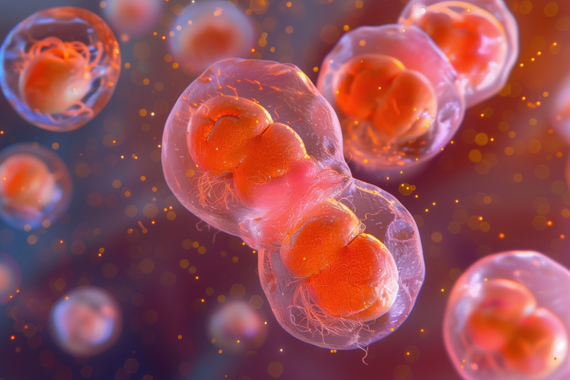
Early Life Determinants
The research area of fetal programming and the DOHaD concept (Developmental Origins of Health and Disease) addresses the role of prenatal and perinatal exposure to environmental factors in the development of disease in adulthood. In today's world with increasing obesity, metabolic diseases, allergies and use of reproductive medicine, knowledge about the impact of periconceptional and perinatal influences is essential for health prevention. This research unit brings together clinical and basic researchers on an interdisciplinary basis to work together on research into such relationships.
Head of the research unit: Ursula Hiden
Further information

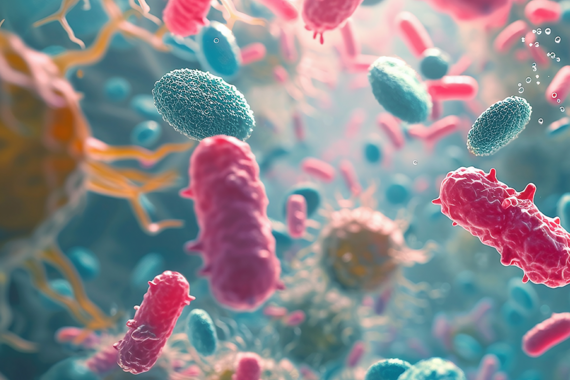
Metabolism and Microbiome in Pediatric Surgery
The focus of this research unit is the investigation of the interaction between the microbiome (all bacteria), volatilome (volatile organic substances in breath and stool) and metabolism in the context of pediatric surgical diseases such as esophageal atresia (congenital malformation with disruption of the esophagus), short bowel syndrome and neuroblastoma (a common pediatric tumor).
Head of the research unit: Georg Singer
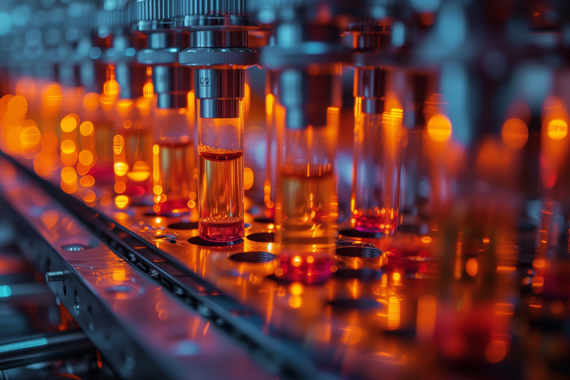
Analytical Mass Spectrometry, Cell Biology andBiochemistry of Inborn Errors of Metabolism
Currently, the number of rare diseases is estimated to be about 6,000-8,000 different clinical pictures, of which about 80% are genetically determined. As a joint institution of the University Hospital for Pediatrics and Adolescent Medicine, our research unit has many years of experience in basic research and laboratory diagnostics of rare lysosomal and peroxisomal metabolic diseases. Our focus is on the optimization of existing therapies as well as the development of new therapeutic approaches for these diseases using diverse cell models and mass spectrometry.
Head of the research unit: Silvija Tokic

Optimization of postnatal monitoring for neonates
The research unit for optimizing postnatal monitoring for neonates develops innovative technologies to improve the
monitoring and care of this vulnerable patient group. The focus is on the further development of resuscitation guidelines through innovative heart rate monitoring systems (pNIRS) as well as revolutionizing temperature monitoring with a new wireless, non-invasive device (MonT NEO). The aim is to establish objective, continuous measurement methods that sustainably improve the treatment effectiveness and survival of newborns.
Head of the research unit: Nariae Baik-Schneditz


